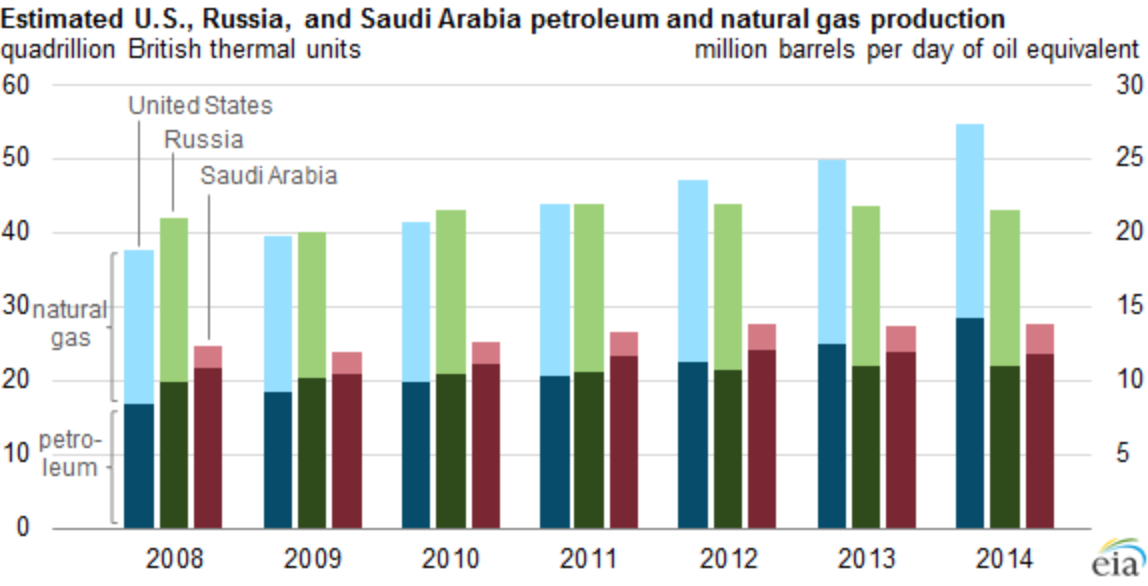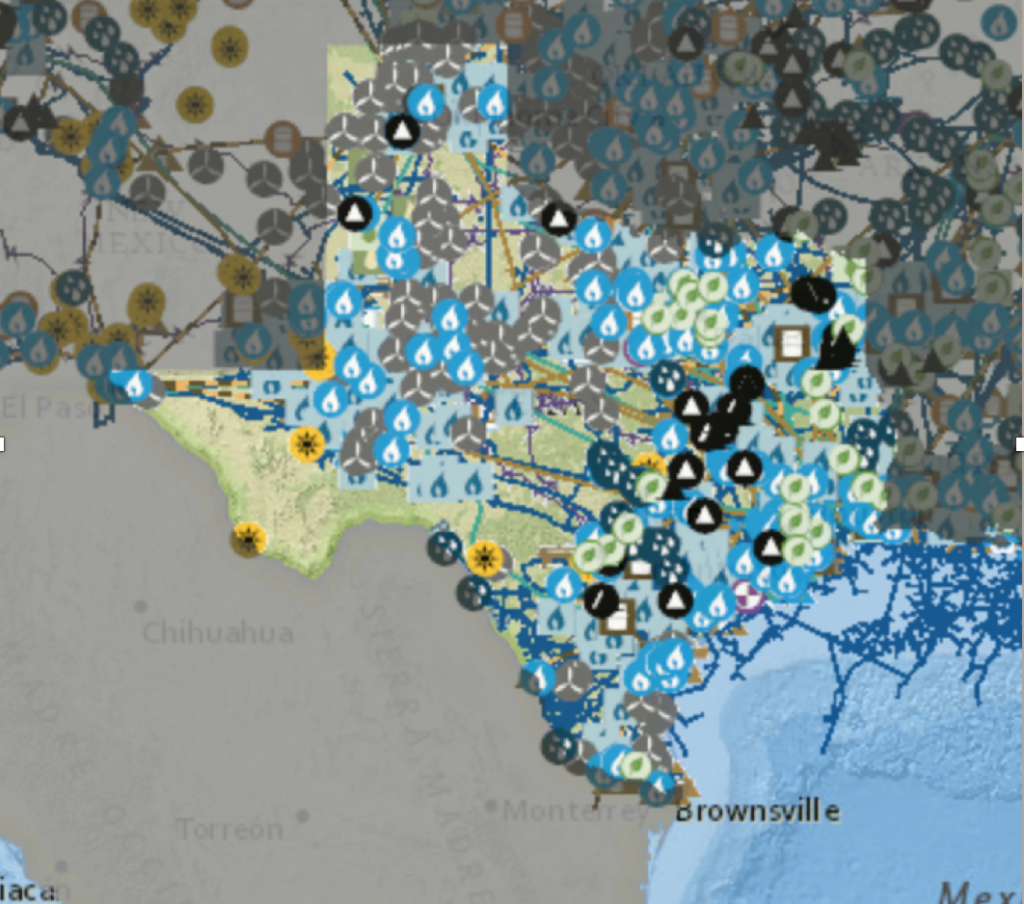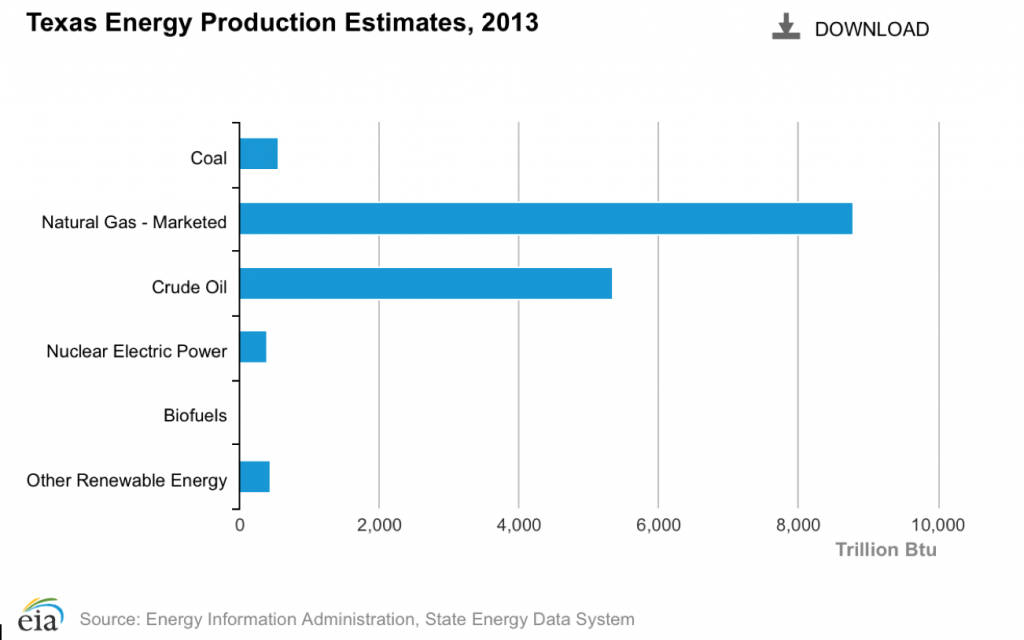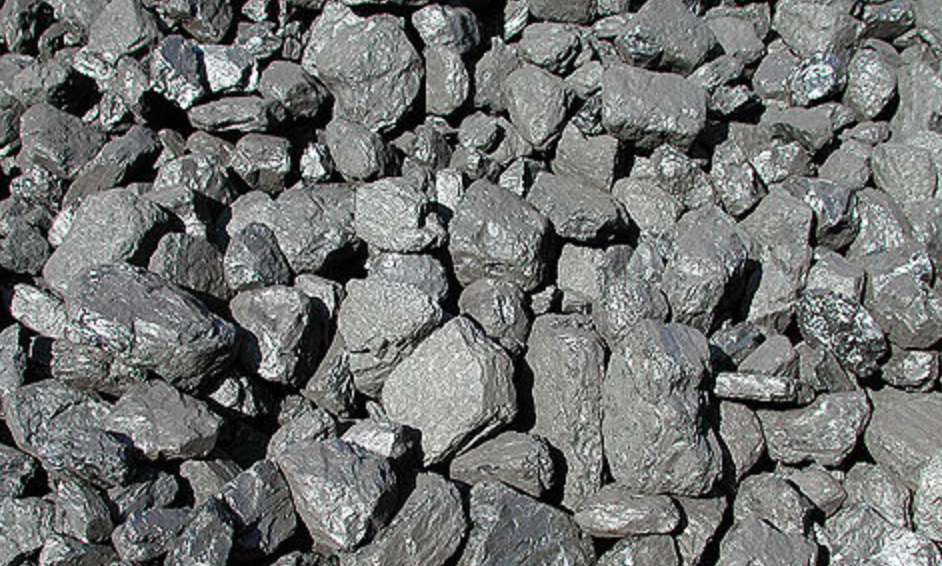WASHINGTON–Rep. Joe Barton warned Wednesday that the 50-year-old Big Brown Power Plant near Fairfield and similar coal-fired power plants, could close within the next year or so due to strict new clean air rules. When that happens, he said, almost 500 Texans will lose their jobs.
Looking directly at EPA Assistant Administrator Janet McCabe, Barton said, “If that happens and if you’re still at the EPA, I want you to go to Fairfield, Texas, and explain to those people who lost their jobs, how you’ve improved their environment. I want you to do that. Because I don’t think it’s possible.”
At a House Energy and Commerce subcommittee hearing, Barton, R-Texas, said the EPA had effectively killed the coal industry in the United States with regulations like the 2015 Clean Power Plan. It would require power plants to gradually decrease emissions of CO2, reaching about 30 percent by 2030.
Another Texan, Rep. Pete Olson, also a Republican, said the EPA’s power plan “had chosen power sources. You are picking winners and losers.”
Along with coal, he said, fossil fuels like oil and gas would be losers, even though the United States is now competitive in the production of oil.
“By 2020, America will have 264 billion barrels of recoverable oil compared to 256 in Russia and 212 from Saudi Arabia. We are number one, man. America is number one again,” said Barton.

US production of oil and gas versus Russia and Saudi Arabia. Photo courtesy of US Energy Information Administration.
According to the U.S. Energy Information Administration, Texas is first in the U.S. in production of crude oil and natural gas, but it’s also the leader in carbon emissions. Scientists say carbon emissions, in the form of CO2, are one of the major contributors to climate change.

Map showing coal, oil, and gas production in Texas. Courtesy of US Energy Information Administration

Coal, oil and gas production in Texas in 2013. Photo courtesy of US Energy Information Administration.
McCabe, assistant administration of the office of air and radiation, insisted, “We are not requiring any particular fuel to be used. We are providing broad opportunities for the industry.” In other words, the plan does not prohibit burning of coal as long as emission limits are not exceeded.
Rep. Bobby Rush D-Illinois, praised the EPA and its power plan, saying the goal is to cut harmful emissions that cause public health problems like asthma. McCabe added lung disease, cancer, and premature death to this list of problems.
Although Barton said he supported lowering these emissions, he could not back an “organized attack on the energy sector” in his state.
Another witness, David Porter, chairman of the Texas Railroad Commission and Texas representative to the Interstate Oil and Gas Compact Commission, said oil production in the state has helped to decrease the nation’s trade deficit. But he fears small gas and oil businesses in rural Texas, part of that effort, would be punished by the Clean Power Plan.
A representative of Luminant who owns Big Brown Power Plant said, “We have no announcement regarding any plant closings,” but that doesn’t mean other small businesses won’t close as a result.
“I think the methane emissions rule (under the Clean Power Plan) would be very bad for oil and gas industry in Texas,” Porter added. “My biggest concern is the effect it would have on the small operators if small wells are not exempt from those rules.”
Charles McConnell, executive director of the Energy and Environment Initiative at Rice University, said “when power plants close, people are out of work. Coal mines close, maybe nearby, maybe elsewhere and people are out of work.”
Although McConnell said investment in new tech is crucial in Texas, mandating clean power technology would force the energy sector to decide between “immature technology with no performance history,” like carbon capture, or natural gas and potentially harmful pipelines.
If a shortage of energy production resulted, he said costs would soar for consumers.


